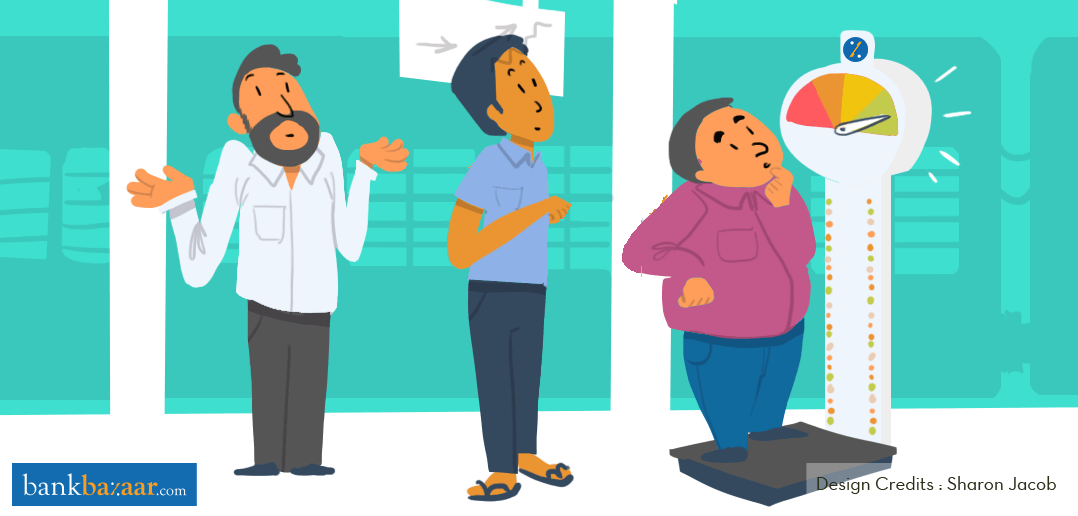Think about this – if you improve the way you manage your finances, you can improve your Credit Score too. It’s like getting a gift for donating blood. You feel doubly good! Read on to find out how to better your Credit Score by doing balance transfers.

Credit Card Balance Transfer
Piled up too much of debt on your card? Is your bank not willing to convert it to EMIs? Try a Credit Card Balance Transfer. Most banks allow you to pay back your balance without interest for a few months after you do the balance transfer. Some start charging nominal interest for the first six months after the balance transfer. Most banks will allow you to pay back the amount through EMIs after you transfer the balance. The tenures offered are 6 months, 9 months, a year up to a maximum of 2 years.
Additional Reading: How To Use Balance Transfer To Cut Down Existing Credit Card Debt
However, the interest rates might be higher for EMI payment options compared to Personal Loan rates. If those rates are lower, it doesn’t make sense to do a balance transfer. Also, note that most banks allow you to transfer balances from multiple cards to one card. It usually takes about 3-5 days to transfer your balance to a new Card.
Effects On Your Credit Score
- As soon as you start paying back your balance, your Credit Score will start improving.
- You can see a considerable improvement in your Credit Score when you finish paying off the balance.
- Retain your old Card just to make utility bill payments and pay off the amount by the due date, this will improve your Credit Score too. This is because the card on which you had a huge outstanding balance would have contributed to a lower score. Now, if you use the same card to pay on time, it will boost your score.
Home Loan Balance Transfer
Paying a higher interest on your Home Loan? Not happy with the interest rate changes by your bank? Your bank is not willing to change the tenure of your Loan? You can easily switch to another lender. Compare across institutions and choose one which gives you the best rate with low processing fees. But note that the process is very similar to getting a new Home Loan. As soon as the new bank approves the transfer, the new bank will issue a cheque to the old lender to close the loan. You can start paying your EMIs to the new bank. This transfer works best for those who are only a couple of years into their Home Loan. This is because, during the early years, interest payments make up 80%-90% of the EMI.
Additional Reading: Home Loan Balance Transfer Or Refinancing: Which Is Better?
Effects On Your Credit Score
- Always check your eligibility before you apply for a Home Loan transfer. Every rejection can affect your score.
- A Home Loan Balance transfer, as such, will have no effect on your Credit Score. You can, of course, improve your Score if you continue paying your EMIs on time.
- If you opt for a higher EMI and lower tenure with the new lender, you can improve your Credit Score by paying back your loan on time. This is because your principal will get repaid more quickly.
Keeping your finances in the pink of health is extremely important for your mental and physical well-being. Ensure that your savings, investments and loans are in place. If you do everything on time, every time, you will have the best Credit Score, healthy finances and will be eligible for the best financial products. Isn’t that what you want?